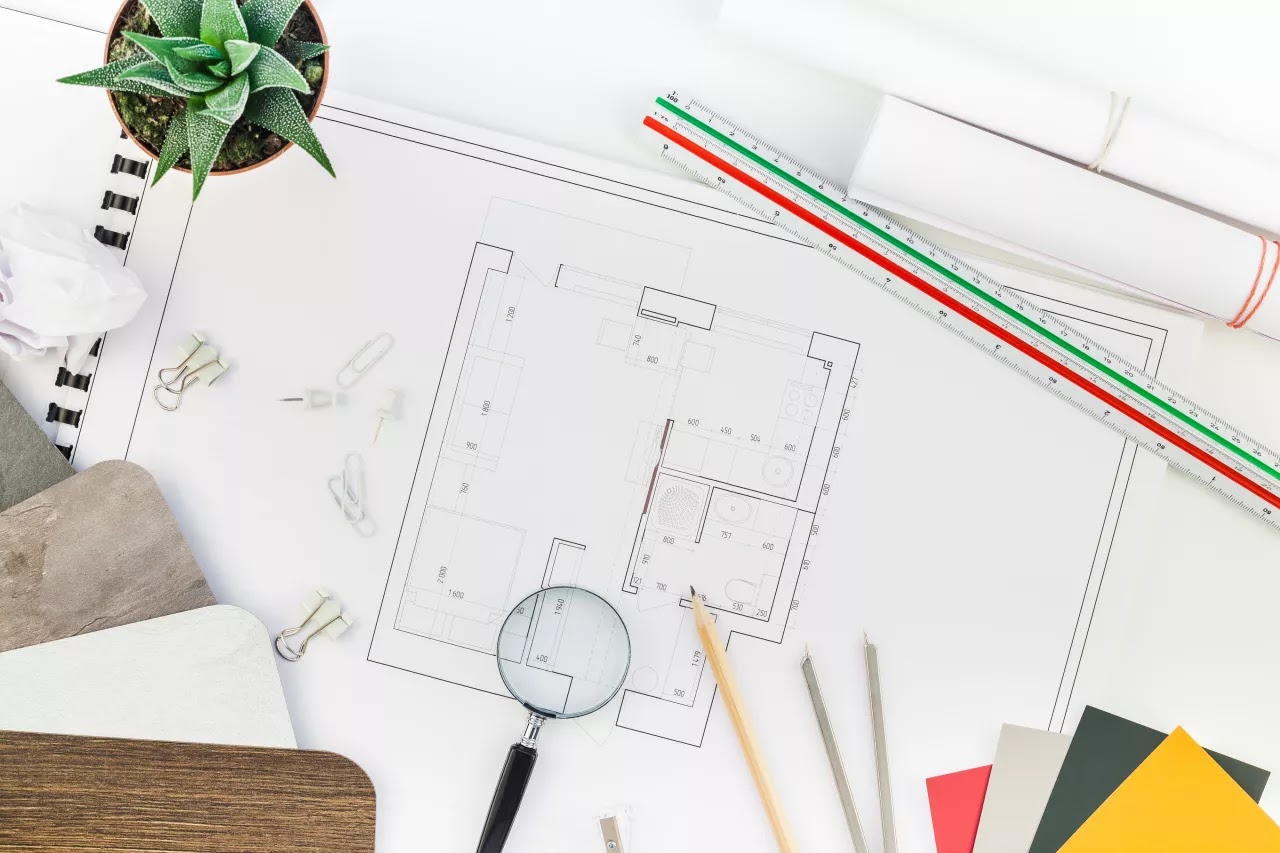Do you want to build your own home? Here's everything you need to know before you get down to business
Do you want to build your own home? Here's everything you need to know before you get down to business
From land to licenses, taxes and construction credit, find out what you have to do to make your dream come true.
Having a house built to your needs is the dream of many families. To be able to design the space as you wish, to stop hearing the noise from the neighbors above and still manage to have an outside space for children to play, seems like gold on blue. However, anyone who has plans to build their own home should take certain steps into account and take precautions to avoid slipping the budget.
In this article, we explore the main concerns of those who are building their own home or who have plans to do so in the near future.
1. The terrain
If you have already owned land, part of the process is already facilitated. If this is not the case, the first step in building a house is to look for suitable land. It is very important that you take into account your location, checking if it is authorized for construction and access to sanitation and electricity lines.
Before writing the deed or signing the purchase and sale promise contract, contact the City Council where the land is located and ask for the Municipal Master Plan. In this document, you can check information such as the construction area limit, the number of floors you can build, etc.
Most banks only grant credit through the construction project approved by the municipality. So, if you don't have the land yet, the best option is to choose one of two options: buy with equity or, alternatively, buy land with a project already approved (taking into account that it will have been built according to someone else's needs) ).
2. The project
After buying the land, and if you have inherited or bought it with your own capital (without an approved project), the next step will be to look for an architecture firm that designs your home project. Search for architectural offices near your area of residence (proximity will facilitate synergies between architect and future residents), ask for quotes and compare.
The design process of your home project will typically go through a survey of the family's needs (number of rooms, habits, specifics of access, etc.), where the architect and future owners should work together until reaching a plan that satisfies both parties.
Many of the architectural firms include in their services the presentation of the project to the City Council, which can be advantageous: in addition to saving time, putting this step in the hands of professionals will save you a lot of headaches.
Most of these offices will ask you for a phased payment for services. As for the purchase of the land, it will be much easier if, at the outset, you have your own capital to eliminate these costs since, at this stage, you will still not be able to apply for construction credit.
3. Credit for construction
The project has been approved and your dream home is closer to being realized. Now, for the first stones of your future home to rise, you will need a credit for the construction.
If, in the housing loan, the amount is fully available for the purchase of the property, in the construction loan, the amounts are made available in tranches, upon the progress of the works. To this end, there is a monitoring carried out by a technician who responds to the bank, who will analyze the evolution of the construction.
With regard to interest rates, construction credit has some similarities, namely in the possibility of choosing a fixed or variable rate. The maximum term is generally 40 years, depending, however, on the bank's conditions.
The specific characteristics of the credit are:
Controlled financing - As mentioned, the approved amount is made available as construction progresses, which provides some security during this process. Likewise, you will only have to pay the bank the amount that is actually spent. That is, if the final construction value is less than that approved by the bank, you will only have to pay the lower amount.
Two-year grace period - If the house where you live has been purchased with credit and is concerned about having to pay two loans during the construction of the new home, it is not all bad news. For two years after applying for a construction loan, you will be able to pay only the amount of interest, starting to repay the loan only when you make the move and sell the first house.
4. Taxes
The first tax to be paid will be the Municipal Tax on Onerous Transmissions of Property (IMT), paid at the time of the deed of the land. For urban land, the rate applied will be 6% of the purchase price.
From the moment you become a land owner, you will have to pay the Municipal Property Tax (IMI). This is paid every year and can be paid in installments (depending on the total amount). The fee is defined by the city council where the property is located and is based on its asset value.

Comentários
Enviar um comentário